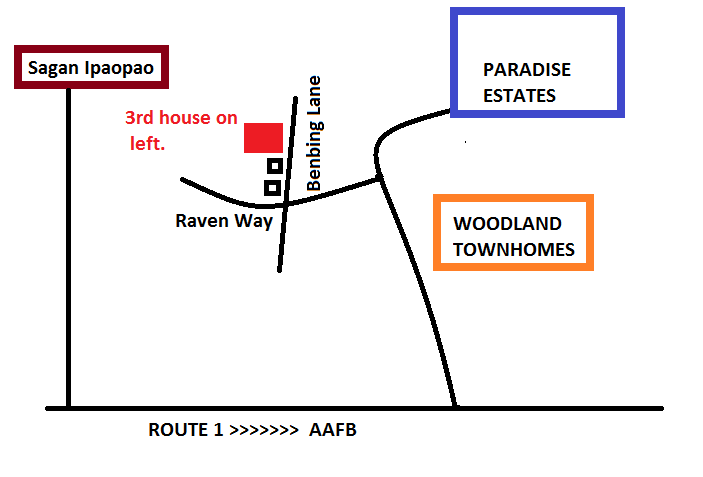Every now and then I get a call from a budding real estate entrepreneur asking me to find them a “fixer-upper” to buy. A rundown house they can buy, fix and flip. It is easy to be tempted especially when we see on HGTV how “easy” it is to make the big bucks in flipping. I enjoy watching those shows too. But as an experienced and longstanding REALTOR, I watch those shows with critical-appraisal.
So, before you get all hyped up by HGTV, I want to share with you 4 quick critical-appraisals you should consider before you launch into flipping.
1. $$$$$: Depending on the extent of the fixing and upping needed of the house, most banks will not give you a home mortgage loan to purchase a fixer-upper. True, you can always get a personal loan (not enough) or take a second/equity mortgage on your existing home. So, you need to come in with cash to purchase a fixer-upper.
2. More $$$$: Even if you should be able to get a loan to purchase the fixer-upper, do you have the cash for the fixing and upping? Remember, some of these houses may need serious structural, electrical and mechanical repairs. Some of these repairs can run into the tens of thousands.
3. Talent: You may be quite capable of doing some of the work yourself. Everyone says they can paint – like painting is so easy. Try it. So, be honest to yourself about your capabilities.
4. Time: You may have the Talent but, do you have the time to employ your talent fixing up the house?
So, if you do not have the Talent nor the Time, your cost will be higher now – you need to hire out the job. Back to $$$$.
5. Emotions: Say you have the $$$$, Time and Talent. But you also have a spouse – or a “business” partner in this exercise. Renovating a property can be a toil on the emotions. Will you be prepared for this?
For more tips and news, email me at patfeore@guamrealestate.deals


